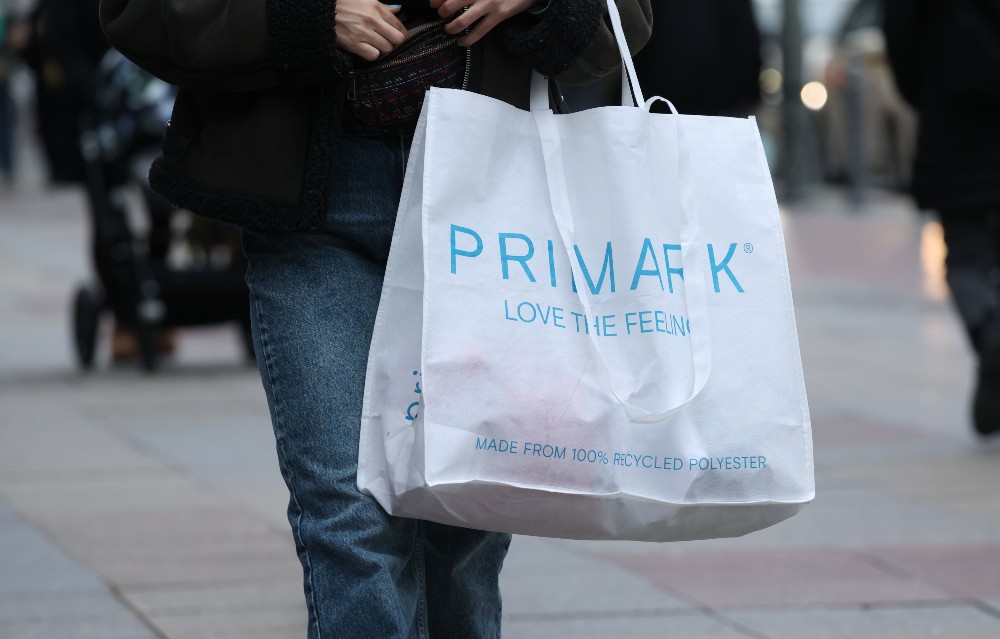The government of the United Kingdom has launched new trade measures to benefit developing countries and forge stronger, beneficial trade relationships that it believes will amount to a “boost for British consumers.”
The package of new trade measures, which is part of an existing Developing Countries Trading Scheme (DCTS), aims to simplify the process of importing goods from other countries, which leaders say will help lower prices on necessities like clothing, food and electronics and support job growth in struggling economic markets.
Updates to the platform include simplified rules of origin, which the government said in a statement would enable thousands of products from up to 65 countries like Nigeria, Sri Lanka, and the Philippines to enter the UK duty free, even when they contain materials and components sourced from across Asia and Africa. The update also ensures that important apparel-sourcing powerhouses like Bangladesh and Cambodia can still export clothing to the British market unencumbered by onerous duties.
The announcement said that the changes will open up new commercial opportunities for British businesses to develop more resilient supply chains while investing in emerging sourcing locales.
On Monday, ministers spoke with UK business leaders and global ambassadors at a joint Department for Business and Trade (DBT) and Foreign, Commonwealth and Development Office (FCDO) reception.
“The world is changing. Countries in the Global South want a different relationship with the UK as a trading partner and investor, not as a donor,” Minister for International Development Jenny Chapman said at the event. “These new rules will make it easier for developing countries to trade more closely with the UK. This is good for their economies and for UK consumers and businesses.”
Meanwhile, Douglas Alexander, the country’s minister for trade policy, explained that “No country has ever lifted itself out of poverty without trading with its neighbors.”
“Over recent decades trade has been an essential ingredient in lifting hundreds of millions of people out of poverty around the globe,” he added, saying that the scheme will allow some of the world’s poorest countries important access to the UK consumer free from both quotas and tariffs. Since it launched in June 2023, the DCTS has created 16 billion pounds ($21.4 billion) in tariff savings.
In addition to these changes, the UK government has committed to extending more targeted support to exporters in developing nations to help spur access and aid them in achieving standards compliance. It will also lift barriers related to the trade of services (including digital, legal and financial services) by bolstering trade agreements.
Popular UK retailers like Marks & Spencer and Primark are expected to benefit from these changes. M&S director of sourcing Monique Leeuwenburgh expressed support for the evolution in trade policy and rules of origin for garments, saying, “The ongoing collaboration between the government and retail industry has provided clarity and certainty for businesses in good time.”
“This change will enable us to maintain our long-standing and trusted relationships with our key partners in Bangladesh, to deliver the same great quality clothing and home products at great value for our customers,” she added.
Eoin Tonge, interim CEO at Primark, also underscored support for the initiative. “We welcome the changes to the DCTS rules of origin for garments which remove the potential cliff edge when a country graduates from Least Developed Country status,” he said. “This will help us to maintain our existing supply chain strategy in our key sourcing markets in Asia, such as Bangladesh and Cambodia.”
The UK Fashion and Textiles Association (UKFT) said the changes stand to benefit both the domestic fashion industry and impacted countries. Adam Mansell, the trade group’s CEO, said the new rules “demonstrate a genuine commitment from the government to modernize trade policy to support global economic growth.”
Industry leaders from apparel sourcing countries also “warmly welcome” the UK’s shifting trade policies, according to Yohan Lawrence, secretary general of the Joint Apparel Association Forum (JAAF) in Sri Lanka.
“The new rules allowing greater regional sourcing for garments while retaining duty-free access to the UK are a game-changer,” he said. “With the UK as our second-largest apparel market, this will boost exports, support livelihoods, and help us compete more fairly with global competitors.”

